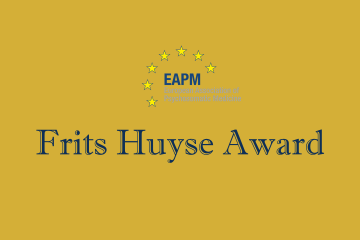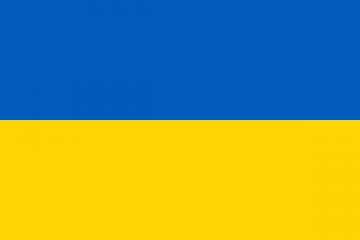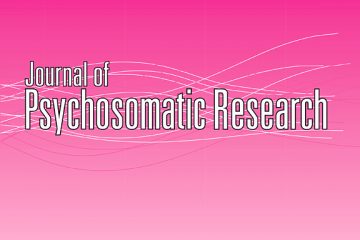Short Country report: Germany
EAPM – What is the mental health situation and activities in your country?
Short report Germany 2020
by Franziska Geiser
A major topic in Germany in mental health care is the system of financing in hospital care by health insurances. Since 2017, the new PEPP-system (Pauschalierendes Entgeltsystem Psychiatrie und Psychosomatik) has been installed. Each hospital receives a „base value“ per patient and day in psychiatry and psychosomatic medicine which is increased or reduced according to diagnoses and procedures and decreases with longer treatments. This requires a lot of additional documentation by all staff members and has raised many political discussions. A recent change is now the prescription of miminum staff „minutes“ per patient and week. Whether this will be helpful or yet another „monster of administration“ is still to see.
Outpatient psychotherapy in private practices is paid by health insurances in Germany, with treatment durations of 12 to 100 sessions (and more for psychoanalysis). Only physicians and psychologists who are licensed can enter this system. As the number of private practices is capped, patients often wait for weeks or months before having access to outpatient psychotherapy. Psychotherapy is in majority delivered by psychologists (besides psychiatrists, psychosomatists, and other physicians with psychotherapy training). Until now, the requirement for psychologists was a bachelor and master in psychology and an additional specialty training during which they were very badly paid. It has now been decided that a new master of psychotherapy will be installed which should lead directly to licensing. However, a specialty training on the job should still follow, and it is unclear how this will be organized.
With onset of the Covid pandemy, all efforts were centered on the expansion of capacities in intensive care in hospitals, and on reduction of infection risk in ambulatory care. In hospital psychiatry and psychosomatic medicine, day clinics were closed and inpatient therapy was reduced by numbers as well as by interventions (no group therapies, social distancing on the wards). Staff was prepared to change into somatic care and medical students were recruited. Psychosocial help lines for staff who work with Covid patients were created. However, until now the overload in intensive care did not happen. In outpatient units and private practices, treatment was widely switched to video or phone contacts. We all learned how to videoconference, with colleagues as well as with patients. Meanwhile, a careful return to normal conditions has started, with restrictions in place concerning social distancing and wearing face masks during work with patients.
In research the pandemy has led to a creative boost of ideas and projects also in mental health, from neurobiology to support of staff. New funding calls are helpful, but also lead to a very competitive atmosphere while we are still busy adapting our patient care to the circumstances.



0 Comments